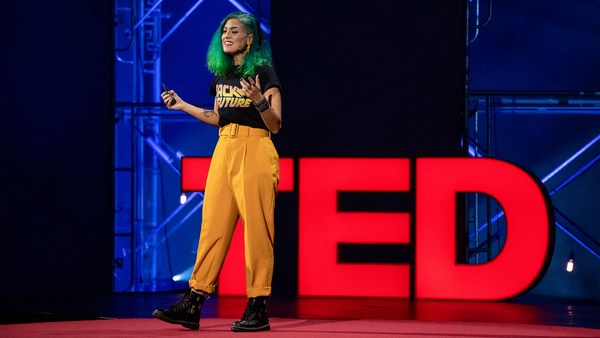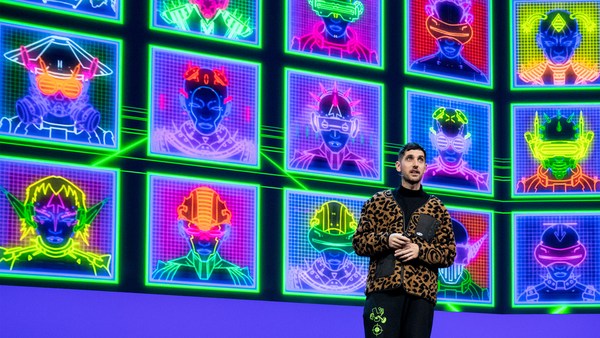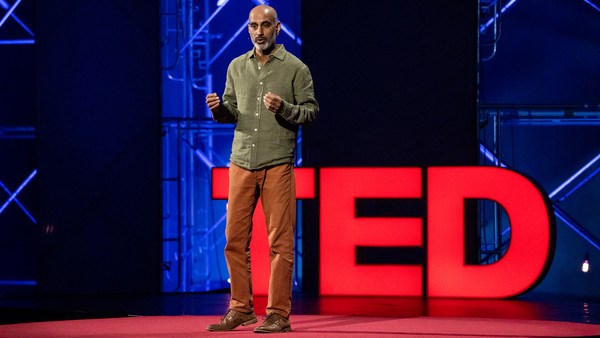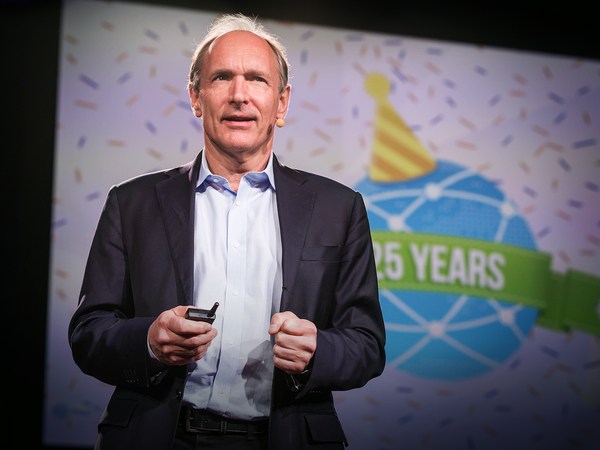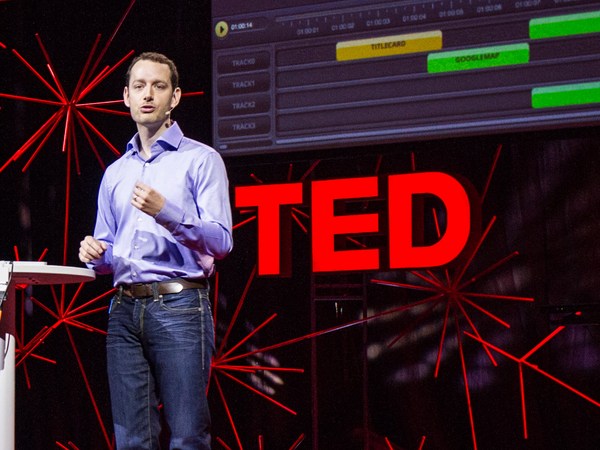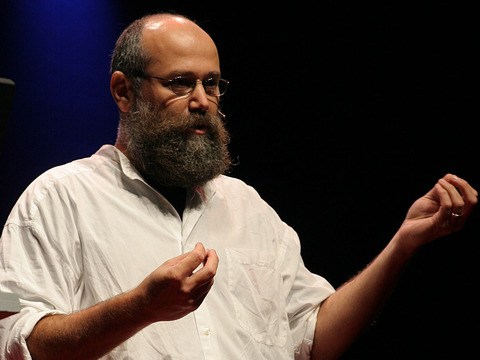You've all seen the bombastic headlines. "The metaverse is dead." But is it actually true? I was certainly alarmed by the media reporting on the alleged demise of the industry in which I'm so involved in. So I thought I'd check in on the metaverse, see how it was doing. The metaverse is very young, after all, and we should keep an eye on it.
And what I found was that the metaverse was very much the same metaverse as last I checked, except it had grown bigger and more impactful. I saw a place where millions of people who had been financially excluded find employment and real economic opportunities. I saw a place where participants, either singly or in groups, formed complex systems that very much resembled the workings of modern capitalist societies. I saw a place last year that generated over 30 billion dollars of economic activity and had treasuries maintained by those same communities to the tune of 12 billion dollars.
Now, let's put that a little bit in context. The metaverse has reserves just below that of the fiscal reserves of New Zealand and greater economic activity than the GDP of Cyprus, Iceland and 100 other countries. The metaverse seems to be doing OK, but this may not be quite the metaverse that you're thinking of. You might be thinking of the metaverse as this 3D virtual-reality immersive space with additional sensory stimulation.
No, what I'm talking about is the open metaverse, powered by web3 and blockchain. The treasuries that I'm referring to are the treasuries of DAOs. Twelve billion dollars within control of its communities without any central authority. The banking system underlying the open metaverse is DeFi. You might have heard of decentralized finance before, but you may not have known that it is part and parcel of the open metaverse. All of this open metaverse is powered by blockchain and comprises part of what we describe as web3, which we firmly believe will be the future iteration of the internet, which is currently still mostly in the web2 stage.
To access the open metaverse, you don't need fancy VR goggles, you just need plain old boring 2D screens. And you can enter a rich, thriving universe of capitalist economic societies that have virtual worlds, businesses, enterprises, experiences with millions of digital citizens. Our lives already have a very strong virtual component. In Asia, where I live, we spend over nine hours a day online. That is most of our waking hours. And perhaps for most of us, just think about what it is you do the first thing in the morning.
But in this virtual reality, we are like serfs, toiling on the lands of medieval lords. We have no ownership, no rights to speak of. Our digital existence can be removed on any of these platforms at a moment's notice without any due process. Whenever we are online, we accrue value to networks that don't belong to us. We are farmed for our time, attention and creativity and in so doing, generate large quantities of data. And data is the most valuable of resources. For starters, it's powering all of the AI that we've been hearing so much about. No data, no ChatGPT, no self-driving cars. The entire foundation of the AI industry is built on top of our data. And not just AI. Every industry covets our data.
Data is the new labor. And we're not being fairly compensated for it. We create it, but it is exclusively owned by the publishers and platforms today. That is a world of web2 we live in today, but web3 and blockchain can change that because unlike web2, we can now finally have true digital ownership.
Ownership of things gives us corresponding economic freedoms. The freedom to transact, to do with as we please. It also allows us to partake in all the network effects related to the ownership of these things. Think about all the businesses that have been created just because we own things, such as the cars we have, houses we live in, or even the phones. Ownership also speaks to our identity. We buy and purchase things because of what it means to us. Self expression, ownership of these things, such as fashion, jewelry, and yes, even NFTs.
A lot of people struggle with web3 and NFTs because they see the prices at the higher end of things. They look at this bored ape and say, "How can this be more valuable than this Birkin bag, which is an actual, real item?" But people don't buy this Birkin bag because they want to put stuff in it.
(Laughter)
Ninety-nine percent of its value is entirely virtual network effects upheld by the community of Birkin bag lovers who find them desirable and valuable. Its utility is a very distant second. And this is perhaps true for almost everything that we purchase in the real world. Owning the story, owning a part of the culture, being a part of the community that forms part of our identity is why we buy things. The same is true for the open metaverse. Ownership, identity, culture and community are far more important considerations for most of us than just its utility.
And if this still feels far-fetched to you, consider this. Last year, the video game industry generated over 100 billion dollars of sales in virtual goods. And the fun fact is that all of the things that they purchased were predominantly cosmetic and whimsical in nature. Skins, trinkets, decorative items. Things that make your virtual identities shine. Just ask your kids what they want for the next presents.
But everything you purchase in those worlds in video games today, we don't own. That's 100 billion dollars of rental goods. NFTs can change that because now we can actually own these virtual goods. When you own an NFT, such as virtual land in the metaverse, you become a stakeholder. You become an owner. Any time you own an asset in web3, it represents a stake in that network that you wish to participate in. Imagine every time you shared something on Instagram, for value you generated, you would receive a small stake in the network that would be that social network. Think of the open metaverse as the construction of new economies and new societies with a strong foundation of digital property rights.
This presents us with a remarkable opportunity to shift away from this current form of shareholder capitalism that has left so many people behind, to this newer form of stakeholder capitalism in which every participant can now also become an owner. This, to me, is what tokenization and web3 is all about. That is the meaning of the open metaverse.
Tokenization is perhaps also the best way in which we can protect our digital intellectual property rights. When Getty Images sued the creators of Stable Diffusion, they did so because they could tell that they were using their images to train their AI models. But they could only do so because Stable Diffusion was sloppy. You could see the Getty Images watermark all over the generated images.
(Laughter)
Most of us won't be so lucky. Blockchain can help solve the provenance of our digital property and lay the foundation of protecting our rights. In this web3 future, all of us can get to earn and own a piece of the equity on these networks that we construct and grow.
All the data that we generate today ... should be paying us an income. And all the other benefits that property rights may bring. That is why web3 is so often described as the internet of ownership. And ownership has always been a key pillar to prosperity. There is a clear correlation between property rights and the wealth of nations. Countries such as Canada and the US that enjoy strong property rights have very high GDPs, high wealth, strong entrepreneurial and capitalist activities compared to those countries that have very low property rights, that tend to have low GDPs and also tend to be the poorest in the world. Countries with strong property rights also have correspondingly much higher freedoms.
True digital property rights provides us with a chance to create a fairer, more inclusive form of capitalism. One that can still provide all the incentives to help entrepreneurship and innovation flourish, as capitalism has done for centuries before. This can already be seen in the digital context. Last year, NFTs generated over 24 billion dollars of sales. The majority of that went to the creators and owners of these NFTs. Web2 platforms, such as Spotify, paid only a third of that to its creators in that same year.
George Washington famously wrote, "Freedom and property rights are inseparable. You can't have one without the other." The same is true for the virtual realm. In order to ensure our digital freedom, that we not be slaves to either platforms or any of the future AIs, we must also have true digital property rights.
Thank you.
(Applause)
